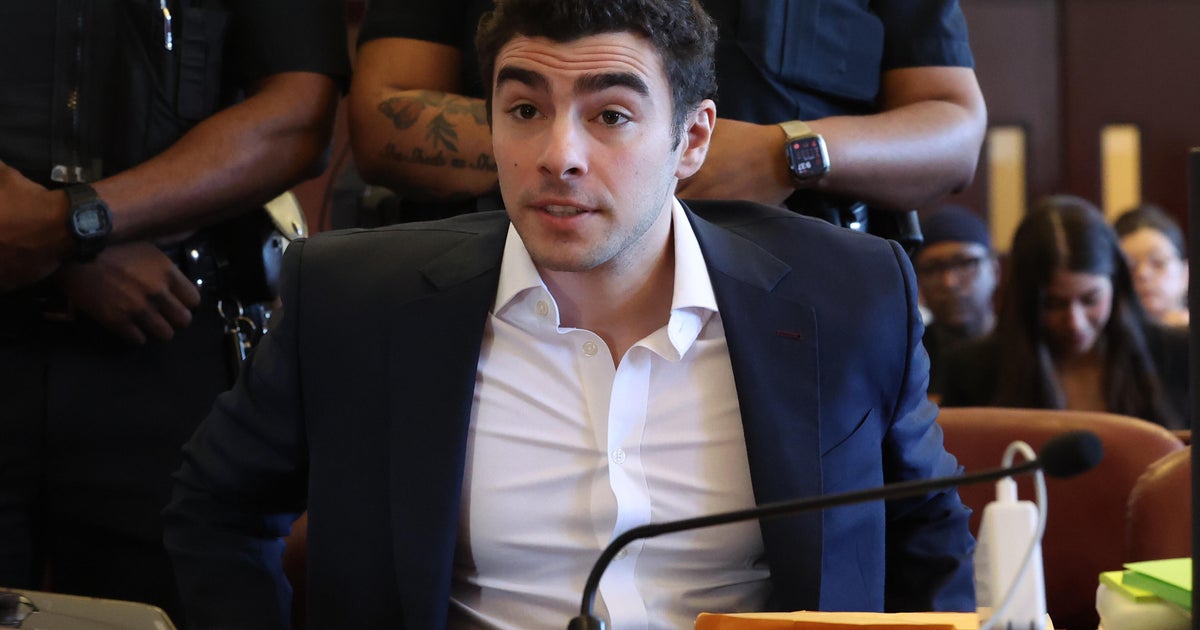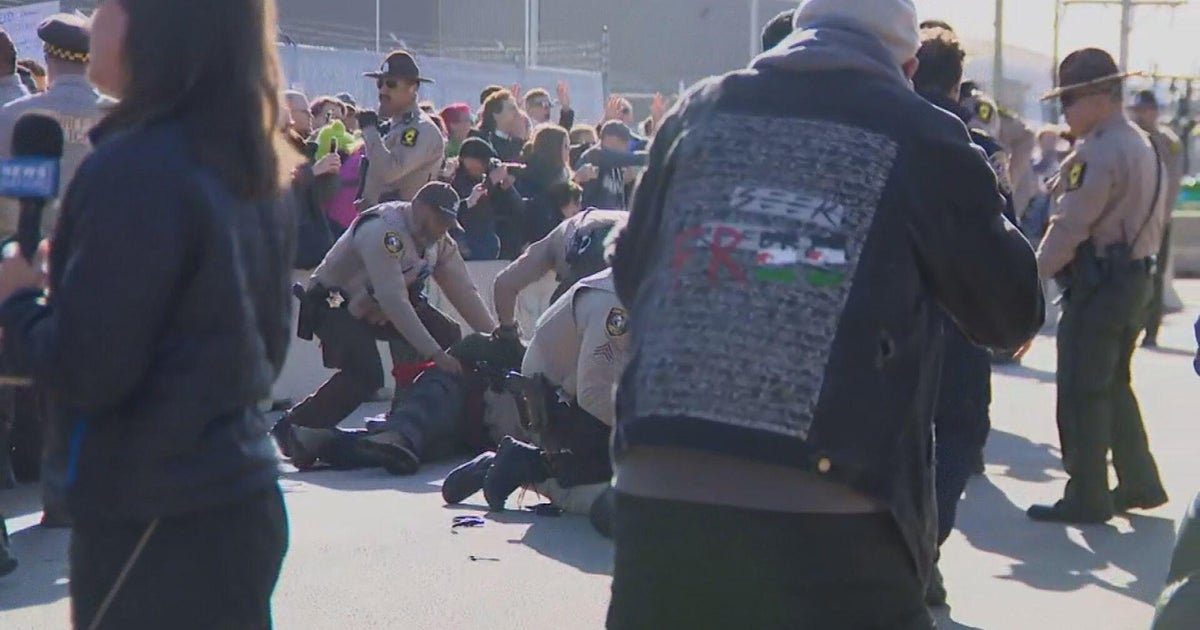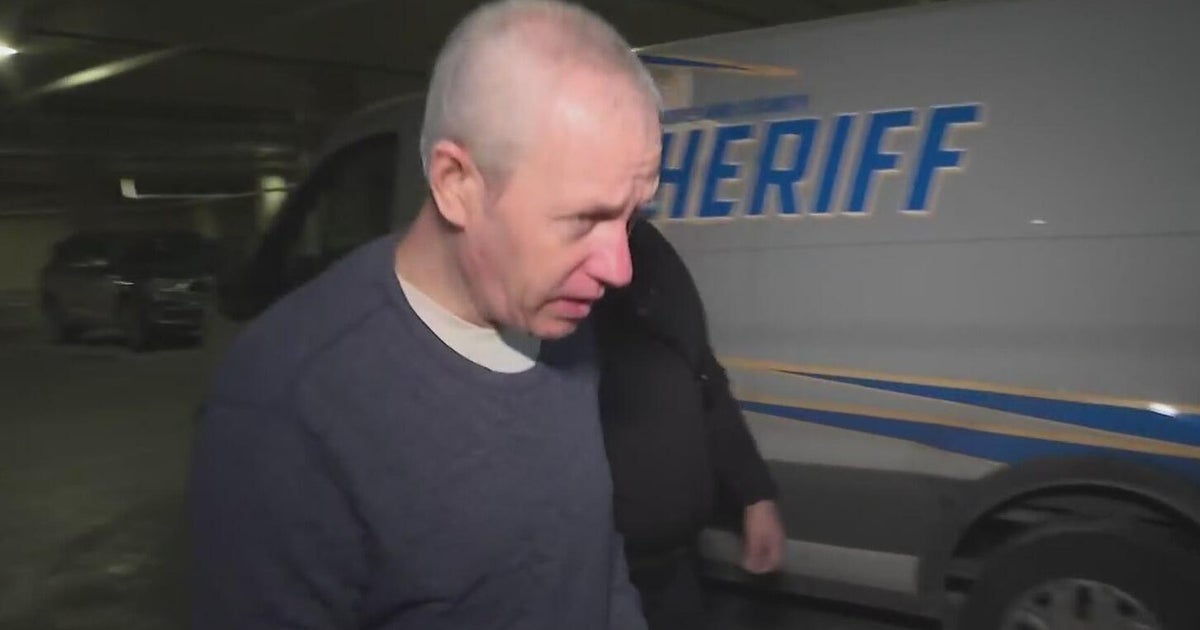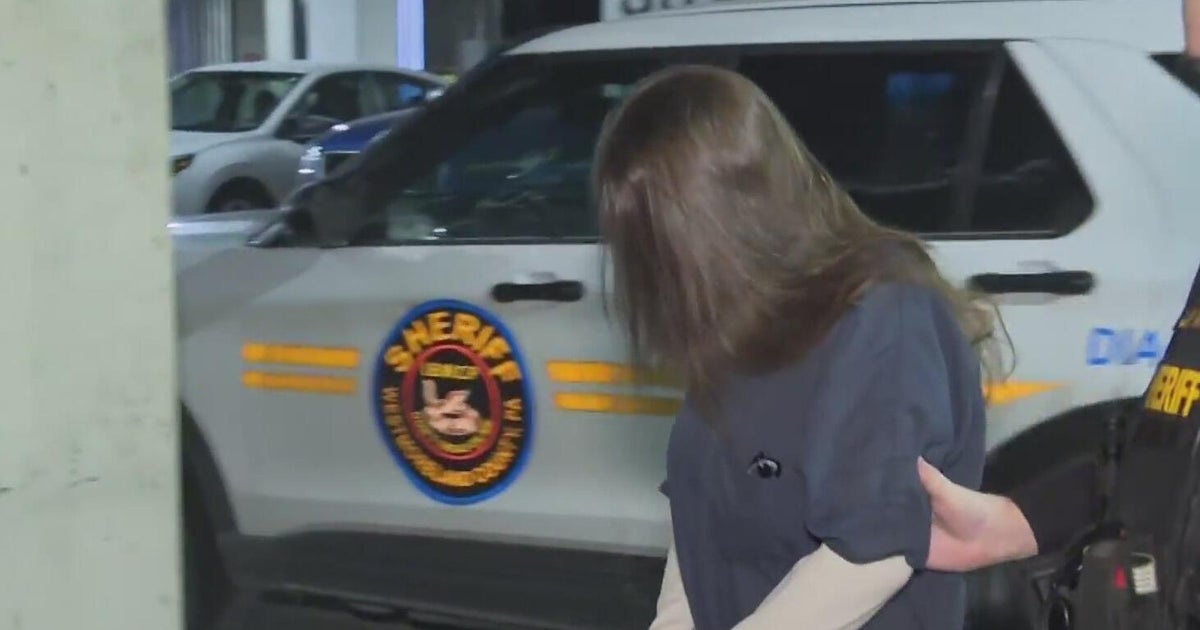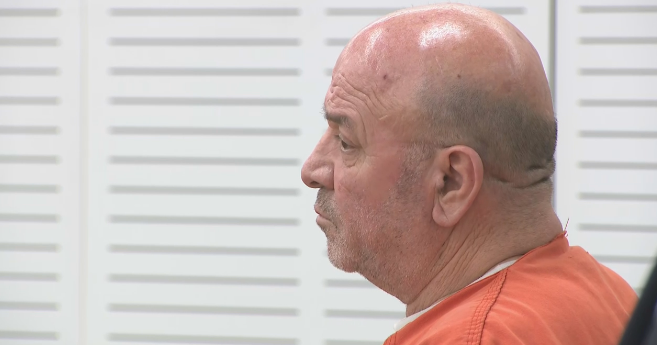Judge Bruce Schroeder Repeatedly Scolds Prosecutor In Kyle Rittenhouse Trial: 'It's Not A Good Day For The Prosecutor,' Legal Analyst Irv Miller Says
CHICAGO (CBS) -- Kenosha County Judge Bruce Schroeder did not hold back during the Kyle Rittenhouse trial on Wednesday – scolding the prosecutor trying the case several times.
As CBS 2's Jim Williams reported, the judge even questioned lead prosecutor Thomas Binger's knowledge of basic law. The tongue-lashing centered around the questioning of Rittenhouse himself as the defendant took the stand.
During cross-examination, Binger asked Rittenhouse why he chose to remain silent about the shooting until his testimony Wednesday morning.
"I am making the point that after hearing everything in the case, now he's tailoring his story to what has already been introduced," Binger told the judge.
Judge Schroeder admonished Binger in no uncertain terms.
"I was astonished when you began your examination by commenting on the defendant's post-arrest silence," Schroeder told Binger, raising his voice as he spoke. "That's basic law. It's been basic law in this country for 40 years, 50 years. I have no idea why you would do something like that."
"It's not a good day for the prosecutor," said CBS 2 Legal Analyst Irv Miller.
Miller said the judge was correct.
"What the prosecutor was trying to say was saying: 'Hey listen, this is the first time you told this story, basically. You had all this time' - that's what he implied - 'to tell people about what happened, and you chose not to,'" Miller said. "That's a clear violation of the defendant's Fifth Amendment rights."
Schroeder criticized Binger for - in the judge's view - trying to get around his past rulings on what could be introduced in the trial.
"What you're telling me - you're experienced trial attorney - and you're telling me that when the judge says, 'I'm excluding this,' you just take it upon yourself to put it in 'cause you think that you've found a way around it. Come on!" the judge told the prosecutor. "When you say that you are acting in good faith, I don't believe that, OK?"
On Wednesday afternoon, Rittenhouse's attorneys asked for mistrial with prejudice.
Miller said the judge has three options: he could let the trial continue, he could declare a mistrial without prejudice - which would result in another jury selected – or he could declare a mistrial with prejudice.
"A mistrial with prejudice means he walks out," Miller said. "Rittenhouse walks about of the courtroom and will never be tried again."
That is because of the double jeopardy protection in the U.S. Constitution, which prevents anyone from being prosecuted twice for the same crime.
An appellate court, though, could reverse a mistrial with prejudice declaration.
